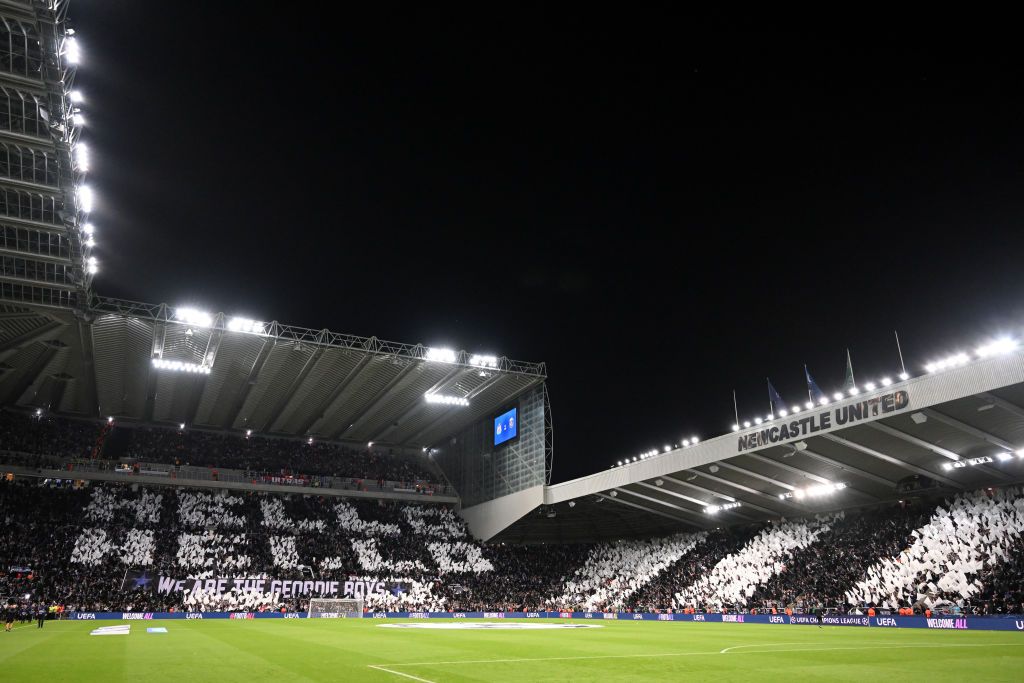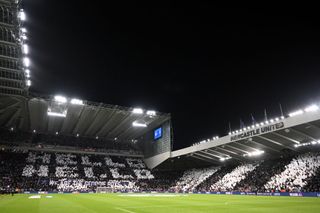

Newcastle United are "seriously considering" moving to a new stadium, which could see the club double its revenue than it currently makes at St. James' Park.
With a capacity of 52,000, St. James' Park is one of the largest stadiums in English football, but, due to the growth of the club and financial power that has arrived at Newcastle United in recent years, more seats are needed to keep up with the demand and to capitalise on potential revenues.
Due to the surrounding area, though, expanding the stadium is difficult to complete, with the last renovation of St. James' Park occurring in 2000. As a result, conversations are now underway, with a decision on upgrading their home ground or building an entirely new stadium expected to be taken in early 2025.
Newcastle United considering move to new stadium to generate more revenue
Speaking at a Newcastle United "We Are United" fan event on Wednesday night, chief operating officer (COO) Brad Miller highlighted the dilemmas between wanting to stay at St. James' Park, which has been Newcastle's home since 1892 and where the atmosphere is guaranteed, or moving elsewhere with the potential to earn more than twice as much in terms of revenue".
We have also taken the opportunity to look at what will a new stadium look like, Miller said. Its not comparing apples with apples, they are not like for like. Its comparing apples with pears.
The brilliant thing about St. James is it is in an iconic location, the atmosphere and the competitive edge it gives the team on the pitch, and it has 52,000 seats already.
But a new stadium doesnt have that and wed have to pay for all those seats again. A new stadium has the potential to earn a lot more, both on matchdays and non-matchdays. It is giving us an indication that we can actually contribute even more to the football club and football side if we had a new stadium.
While more revenue generated from a new stadium would provide plenty more opportunity for Newcastle to compete with the best clubs in the country, there are short-term implications the club needs to factor in, too. Money won't be as readily available to the first team, thus reducing the side's competitiveness on the pitch somewhat.
It is this trade-off Miller mentions that the club will make a final decision on in the new year.
While Miller didn't mention a specifc area where a potential new stadium could be built, a move to nearby Leazes Park has been a reported option in recent times. That presents issues, however, with the area a protected green space.
TOPICS

